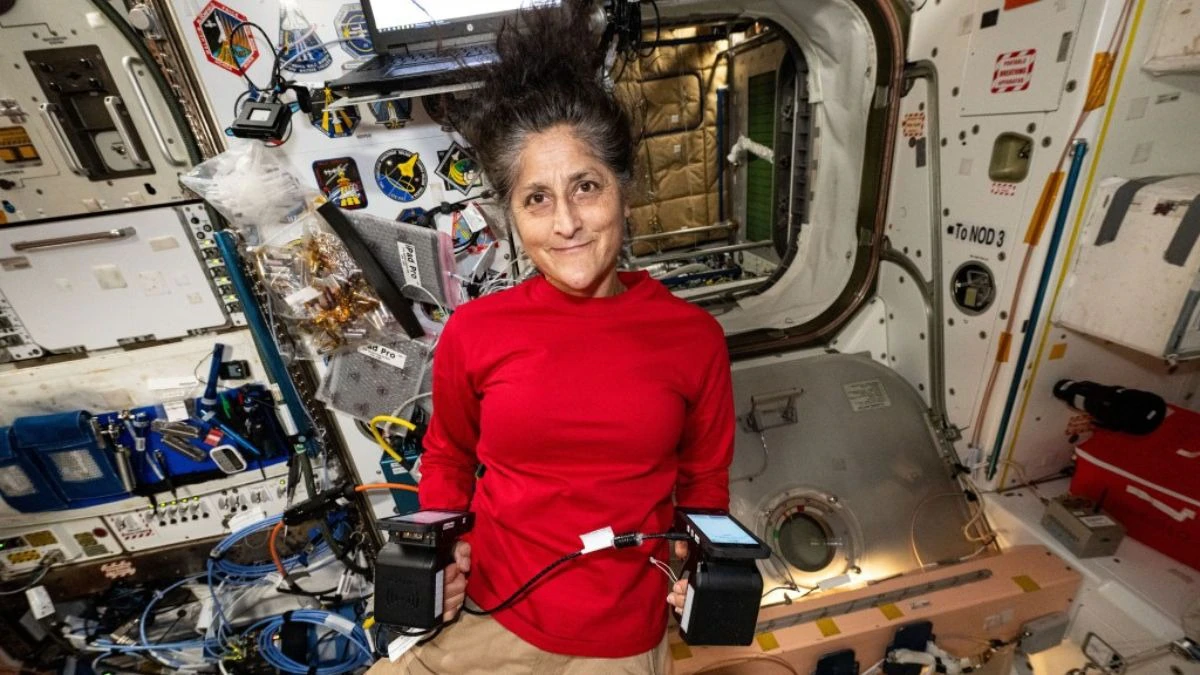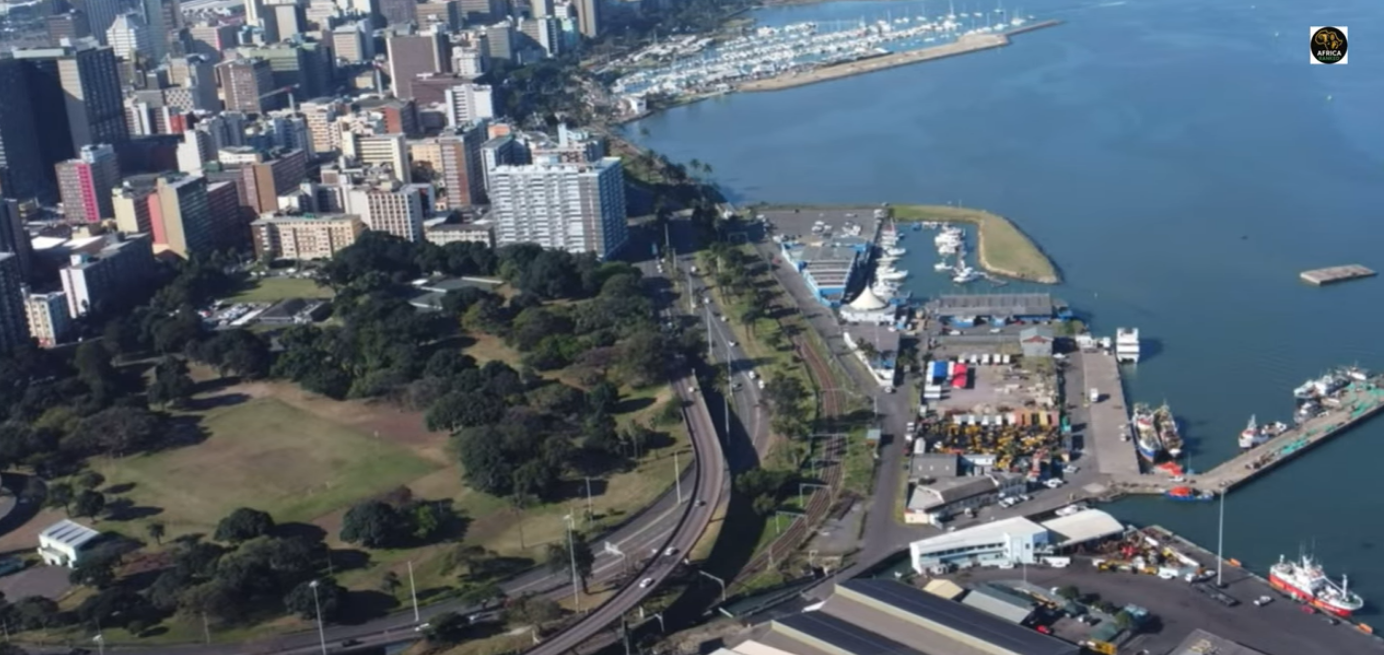The NASA astronaut Sunita Williams has been in the news recently for being “stuck” in space at the ISS as her space mission, which was supposed to last for a few weeks, has been extended to months due to various complications, has made it to the headlines for farming lettuce in space. As a part of another vital research being conducted by NASA, the astronaut commanding the space station is farming “Outredgeous” romaine lettuce under various water conditions in order to study the patterns of growth as well as the nutritional value. This article brings you all the details about Sunita Williams farming lettuce in space and how this experiment will aid future astronauts.
Also read: Sunita Williams Health Update: NASA Astronaut Responds to Speculation on ISS Health
Sunita Williams Farming Lettuce In Space: Research Objectives
The experiment Williams is conducting in space is called the Plant Habitat-07 experiment and the main goal of it is to determine how the various levels of water availability will affect the growth of a plant in space. The overall health, growth rate, as well as nutritional value of the lettuce, will be analysed through this experiment. The main objectives of this research will be optimising plant cultivation for long and deep missions in space and developing sustainable techniques for farming on Earth where water is scarce. It is also a part of the efforts NASA has been putting into the process of developing a self-sustaining life support system for future astronauts.
Sunita Williams Farming Lettuce In Space: Process Followed By The Lead Scientists
Sunita Williams, who is leading the experimental tool in various steps in order to ensure the accuracy and reliability of the results, took various initiatives like collecting the water samples from Advanced Plant Habitat’s distribution reservoir for accurate baseline measurements as well as installing a science carrier for the Plant Habitat-07 for the lettuce plant.
How Will The Experiment Help Future Space Expeditions?
The experiment will significantly aid future expeditions as it would help reduce the reliance of the astronauts on resupply missions that cost a hefty amount. It will also help ensure a constant supply of fresh food for the astronauts, which will improve their psychological and physical health. Apart from that it will also help humans develop new farming techniques for areas that are facing water scarcity and increasing crop yields. The experiment will be a major contribution to the development and promotion of food production methods that are sustainable across the globe.
Conclusion
Plant growth in space is something that has always been pretty difficult and a major objective of many science experiments conducted by various space scientists. This experiment will help us develop agricultural methods that can sustain life during long-term space missions like Mars or moon exploration. It will also provide solutions for global food scarcity by the development of farming techniques for areas that are suffering from the scarcity of various agricultural inputs.
Also read: Sunita Williams Breaks Silence on Health Rumors: Updates from the ISS





